During Middle Ages political controls were dominated by the universal powers, religious heads and empires at the top and local lords and towns at the bottom. But the territorial kings began to build their power over superiors to assert their claims to independence of universal powers. These centralized states became more capable of governing their territories due to cultural progress. With growth and interactions with other such states a definite pattern of state system developed which is thriving at present. This book makes historical and analytical investigation into various factors, reasons and condition that led to the origin, growth and development of state system in Western civilization and its peculiarities that made this system a universal. From ancient through medieval to modern period it has evolved and developed fulfilling aspirations of the people of world at large. In addition, the book also presents elaborate discussion on politics, culture and international pluralism independently as well as their bearing on state system. Views of eminent authorities are also included. This historical insight into origin, growth, development and fruition of state system and international pluralism will be useful for students, teachers, historians and general readers.
ABOUT THE AUTHOR S.K. Bhatia
S.K. Bhatia is a professional consultant in Human Resource Management, trainer, counselor and author. He is corporate trainer and conducts workshops and need-based training programmes on Human Resource Development for public and private sector organization. He is senior faculty for MBA and Post-Graduate Diploma in Personnel Management in various Business Management institutions. He is “Accredited Management Teacher†by all India Management Association, New Delhi. He has over four decades of experience as practitioner in HRM Industrial Relations, Training, Organisation Development etc. He has been associated with the establishing of Human Resource and IR functions in factories/units and has been involved in formulation, co-ordination and implementation of these policies, in senior positions as Addl. General Manager, BHEL and as Director, Personnel, Oil India Ltd. After his Master’s degree, he obtained degree in Law from Delhi University In 1956 and took post-graduate diploma in Personnel Management from Calcutta University. He was selected in 1976 from BHEL, as a fellow under the “Action Learning Programme†of the Bureau of Public Enterprises, Government of India. Mr. Bhatia has attended a number of seminars and was specially sponsored to attend “ILO Modular Training†in Kuala Lumpur, Malaysia/Singapore in March 1984. He has also attended General Mangement Programme for Top Management Personnel in Public Enterprises at Administrative Staff College of India. Hyderabad and in Yugoslavia during June 1987. He had the benefit of participating in several specialized professional traning programmes conducted by Administrative Staff College of India, Hyderabad, IIMs, NPC, BHEL, MDI, etc. He is Corporate Member of National Institute of Personnel Management, Calcutta. He has published a number of books and has written many articles which have appeared in professional journals/dailies. His papers won “Shriram Awards†for two consecutive years, i.e. 1984 and 1985 from Delhi Management Association for the best adjudged papers in their Journal. He is the recipient of “Escorts 1987 for his contribution to the Understanding of management practices through his book “Principles and Techniques of Personnel Managementâ€. Mr. Bhatia has organized two institutions of which he is founder Director, (i) Indian Institute for Management of Absenteeism (IIMA), New Delhi in 1989, (ii) Human Resource Management Foundation (HEMF), New Delhi.


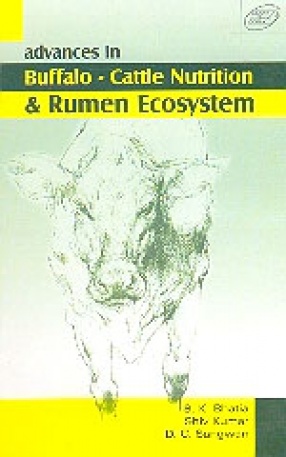
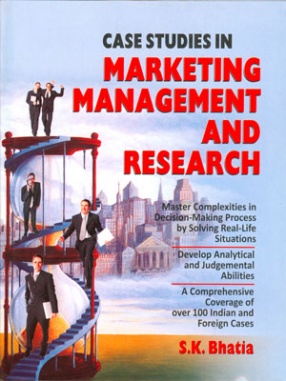
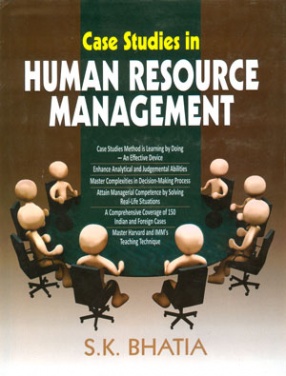

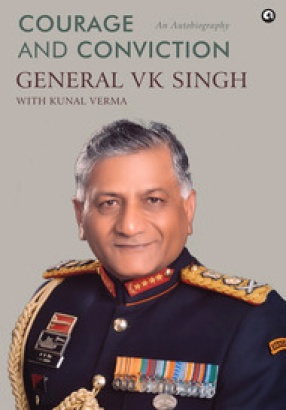
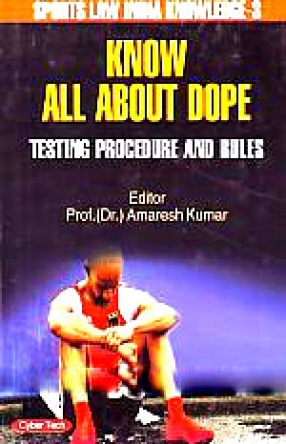
There are no reviews yet.